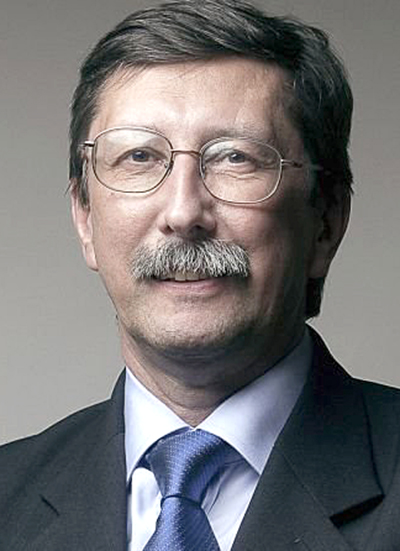
We receive a lot of feedback that our foreign service has become committed more than ever to fighting a variety of anti-Polish statements or mental short cuts that are detrimental to Poland
In conversation with Jan Żaryn, PhD, a Polish senator and historian specialising in Poland’s recent history.
What can we do to promote the accounts of Polish heroism during World War II instead of distortions and “Polish concentration camps”?
Driving a positive message is certainly the most effective way to promote the historical image of Poland. We should avoid fussing about repeated lies. Instead, we can proudly say: “Look who we really were!” One such fine example is the Ulma Family Museum of Poles Saving Jewish People During World War II, in Markowa. Many people in the world believe in a mendacious stereotype that Catholicism created favourable conditions for the Holocaust. This is a disgusting lie that is detrimental to Poland and the Catholic Church. It is just mind-boggling. One way to successfully fight these slanderous stereotypes is to take up initiatives such as the Ulma Family Museum.
It is also worth making an effort to promote the positive narrative about Poland using mass or popular culture. We have stated clearly during the parliamentary campaign that we want to create an outstanding film production to promote the true account of Poland and its role during World War II. The Polish experience with two totalitarian regimes is remarkable enough to turn it into a compelling story.
We have not been able to promote positive accounts of Polish history for years. Why is that?
Since the early 1990s, Polish historical policy was dominated by shame. Our institutions and a large number of intellectual elites argued that our past had been so filled with evil that it made no sense to bring it to light. That was because of anti-Semitism, xenophobia and chauvinism that stood in our way back to the family of Western societies. This also had a bearing on how we told our story to foreign audiences. People would be ignored or marginalised if they stressed Polish accomplishments or accused the Western world of being oblivious to what happened to Poland after World War II. There was never enough money for both ambitious and popular projects that drove this point home.
Law and Justice are now in power. What have you managed to change so far?
In contrast to the previous government, we do realise that our society has a burning need to identify with their national heroes. Take the anti-Communist underground soldiers for example. They are a real role model to many. Our administration is not trying to suppress grass roots initiatives. On the contrary, we are now doing everything we can to support them. That is why National Remembrance Day is now held on 1 March to commemorate their service and manifest patriotic attitudes.
The Polish Foreign Service has also undergone a major change. Our diplomats are now more wary of the Polish raison d’état. We receive a lot of feedback that our foreign service has become committed more than ever to fighting a variety of anti-Polish statements or mental short cuts that are detrimental to Poland. We have to take a firm step to fight mendacious phrases such as “Polish concentration camps”. Once they have entered the debate on the legacy of World War II, they stand in the way of our efforts to promote the true account of Polish history and Polish heroism are detrimental to our national safety.



